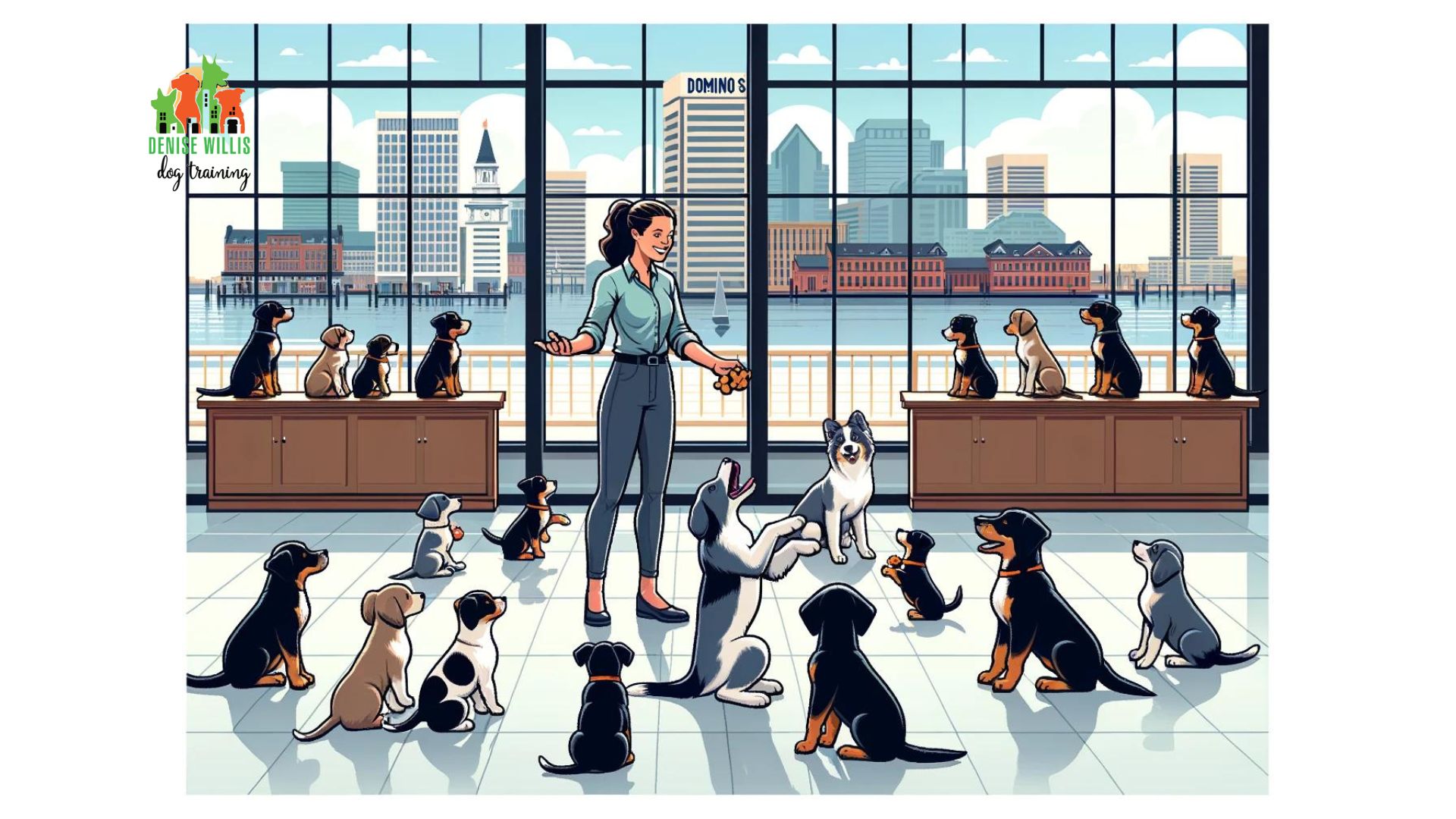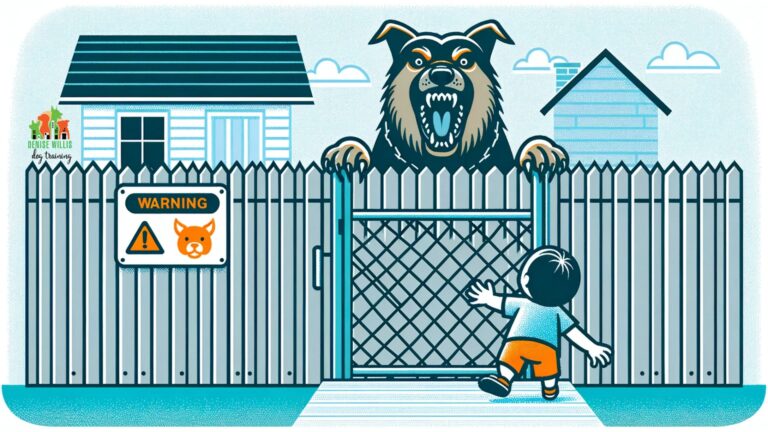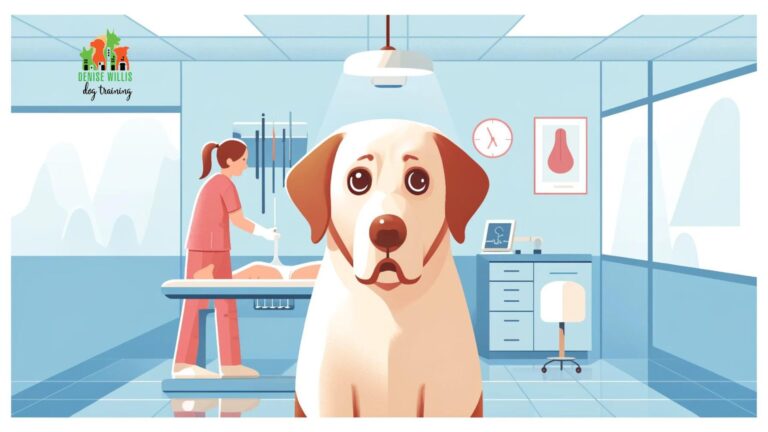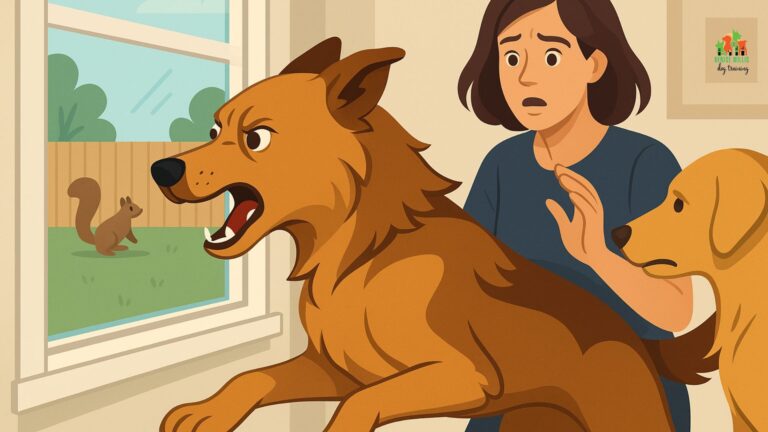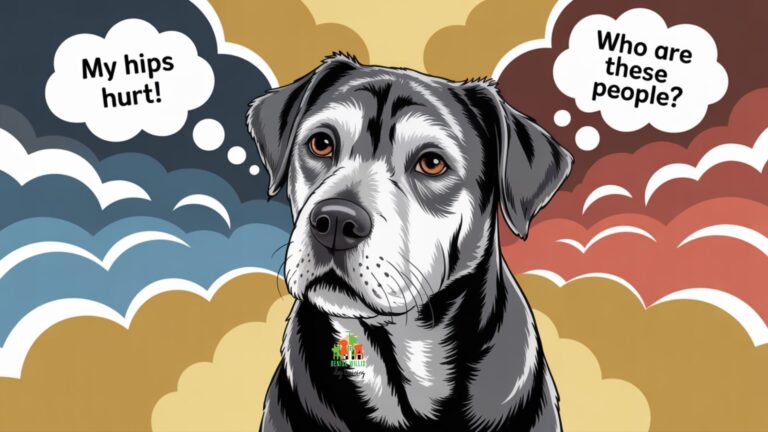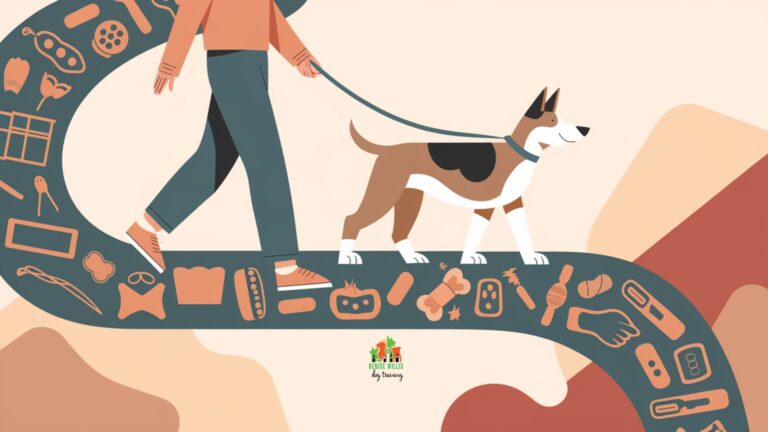Puppy Classes Baltimore: Transform Your Furry Friend into the Perfect Companion with Proven Techniques
📍 Service Area Notice: DW Dog Training provides in-person training services exclusively in the Greater Baltimore area. While our blog content is designed to help dog owners internationally, our hands-on training services are locally focused. For readers outside our service area, we hope you find value in our articles and welcome you to reach out with questions!
Welcome to your complete guide on puppy classes in Baltimore! Bringing a new furry friend home is an exciting time full of joy, messes, and training. By enrolling your pup in obedience classes, you can set them up for successful behaviors and skills to last a lifetime.
This guide will cover everything you need to know about puppy classes in the Baltimore area. We’ll discuss:
- The many benefits of puppy training classes
- What to look for in a quality training program
- Step-by-step expectations for puppy obedience lessons
- How to reinforce skills at home between sessions
- Long-term impacts of early socialization and training
- Finding the right class fit for you and your puppy’s needs
And much more! Let’s get started.
Why Puppy Classes Matter
Dog training is essential for every pup, but starting lessons early in a puppy’s development can make training easier in the long run. During the first six months of life, puppies go through critical developmental phases that are primed for learning basic skills like:
- Potty training
- Socialization with dogs and people
- Basic obedience commands (sit, stay, come, etc.)
- Walking nicely on a leash
- Bite inhibition
Puppy classes provide a structured outlet to nurture these foundational behaviors at a young age. Rather than learning bad habits that become stubborn later on, puppy classes set your dog up for success from the start.
The Many Benefits of Puppy Classes
Enrolling in puppy obedience training classes provides tremendous benefits, including:
- Socialization: Interacting with new people and puppies in a safe, controlled environment builds confidence. With time and positive associations, pups become more comfortable in new situations.
- Basic Training: Puppy classes begin instilling important obedience cues, proper leash manners, and handling techniques. These prepare pups for more advanced lessons down the road.
- Preventing Problems: Pups learn how to control their excitement, listen to their owner, and engage in appropriate play. Proper training and socialization curb negative behaviors before they start.
- Bonding: Training sessions allow dedicated time for a puppy and owner to connect while having fun! A strong bond enhances training efficiency now and into adulthood.
When pet parents take the time to nurture these foundations early on, puppies mature into well-adjusted adult dogs. The investment in puppy classes comes back tenfold!
Choosing Puppy Classes in Baltimore
The first step to puppy training is finding the right class. With so many options in a city like Baltimore, how do you choose?
Here are the most important factors to look for:
Qualified Trainers
Pay attention to the experience and education of trainers. Classes should be led by certified professional dog trainers knowledgeable in puppy behaviors, not general staff. Reputable programs have trainers certified by organizations like the Certification Council for Professional Dog Trainers (CCPDT).
Small Class Sizes
Puppies require a lot of hands-on attention. For proper nurturing and engagement, classes should remain small with no more than 5-6 puppies enrolled. Larger groups mean less individual time.
Focus on Socialization
The priority for puppies should be positive interactions with new things. Look for classes offering supervised off-leash puppy playtime and engagement with unfamiliar people, sights, sounds, etc.
Reward-Based Methods
Training works best when it focuses on rewarding wanted behaviors, not punishing the bad. Look for classes centered on positive reinforcement, marker training, and relationship building. Avoid programs utilizing punishment, choke collars, or shock/prong collars.
When comparing options, be sure to ask key questions about the lead trainer’s education, experience, class size, training methods, and incorporation of age-appropriate socialization.
What to Expect From Puppy Classes
Wondering what a typical puppy class entails? While curriculums vary, most lessons cover these core topics:
Skills Taught
Puppy educators lay strong foundations across these essential areas:
- Potty Training: Best practices for establishing good potty habits
- Socialization: Positive exposure to new puppies, people, environments etc.
- Obedience: Intro to basic cues like sit, stay, come, down
- Leash Manners: Proper walking, not pulling
- Bite Inhibition: Soft mouth training and managing nipping
- Handling: Restraint, grooming, paw/ear/mouth handling
Lessons nurture confidence, focus, appropriate play, and engagement in distractions. Classes aren’t just about specific behaviors – they prepare pups for any situation by emphasizing social adaptability.
Typical Class Format
While each program formats sessions differently, most loosely follow this schedule over 45-60 minutes:
- Supervised Playtime: Puppies burn energy and socialize
- Training Session #1: Focusing on a key skill like “look at me” (5-10 minutes)
- More supervised playtime & socialization
- Training Session #2: Introducing a new foundation skill like sit or down (5-10 minutes)
- Repeat playtime reinforcement
- Q&A: Trainer answers handler questions and offers homework suggestions
Through short bursts of training integrated with play, puppies associate lessons with fun!
Sample Course Outline
Here’s an example 6-week course outline:
- Week 1: Relationship foundations, engagement with the handler, proper play
- Week 2: Loose leash walking, attention skills
- Week 3: Settle/relaxation training
- Week 4: Greeting manners, sit and down behaviors
- Week 5: Handling techniques and distraction training
- Week 6: Recapping and preparing for real-world practice
With each session building on the last, puppies steadily nurture core life skills.
While your pup learns in class, you learn how to communicate effectively at home! Let’s talk about making the most of your puppy course.
Table 1: Common Skills Developed in Puppy Obedience Lessons
| Skill | Sample Behaviors Worked On | Primary Training Techniques Used |
| Potty Habits | Outdoor timing and rewards, crate training, minimizing accidents | Positive reinforcement, confinement when unsupervised |
| Socialization | Greeting skills, play with puppy friends, engagement with different people/environments | Supervised off-leash play, structured introductions, desensitization |
| Basic Commands | Sit, stay, down, come/recall | Lure reward, shaping, and chaining behaviors |
| Leash Manners | Loose leash walking, not pulling or forging ahead | Proper handling methods, redirection, reward engagement |
| Bite Pressure | Learning to inhibit pressure, no breaking skin | Redirecting to toys, reward gentle play, timeouts if needed |
| Handling | Collar grabs, restraint, paw/ear/mouth handling | Desensitization to touch, paired with rewards |
Getting the Most Out of Puppy Training
Attending lessons is just the starting point. To really excel, you must reinforce class concepts at home through:
Properly Preparing for Class
To participate, pups must have:
- Current vaccinations (vaccination records often required beforehand)
- Proper handling skills (collar/leash)
- Exercise and potty break beforehand
Without vaccination protection, group play can risk dangerous illness. Verifying records, practicing loose leash skills, and burning energy sets the class up for success.
Bring tasty treats, proper collars, a hungry pup, and an open mindset to preschool!
Following Up At Home
The real learning happens through repetition outside of class. Set your pup up for success by:
- Revisiting Skills Daily: Practice core concepts like engagement, loose leash manners, sitting, etc. during walks and playtime
- Engaging In Play: Play, socialization, and engagement serve as the best “homework” for young puppies
- Rewarding Effort: Utilize positive reinforcement frequently by marking and rewarding good behaviors
With consistency, skills stick faster and become reliable behaviors. Most programs provide homework suggestions, video tutorials, private consultations, etc. to support practice.
While professional guidance lays the groundwork in class, you must nurture it daily through reinforcement, play, and relationship-building. Put in the effort, and your pup will thrive!
Long-Term Impacts of Early Training
At first glance, the return on investment for a puppy class may seem unclear. But the long-term impacts of early socialization and training run deep for years to come.
Well-Socialized Adult Dog
Early positive associations with new things led to more confidence and resiliency long-term. This adaptable temperament serves them well across novel situations as adults.
Strong Relationship Foundations
Building engagement, focus, and communication from the start nurture an attentive, bonded relationship between handler and dog. This enhances real-world reliability and harmony.
Accelerated Future Training
The basics learned in puppyhood expedite training more advanced behaviors down the road. Rather than backtracking to teach foundations like engagement, focus, and loose leash manners, you get to rapidly build on existing skills.
Like any healthy development, puppy lessons set the course for meeting canine needs at each stage of maturity. Pups who attend classes are:
- Easier to train long-term
- More confident in new situations
- Less likely to develop behavior problems
- More attentive to owners
- Better socialized to dogs and people
Investing in lessons early on saves YOU time, frustration, and struggle with training through adulthood – that’s the true return on investment.
Finding the Right Puppy Class Fit
While most pups can benefit from obedience lessons, finding the ideal fit involves:
Assessing Your Goals
What skills matter most right now? Basic manners? Confidence around new dogs? Focus training? Identify your top priorities.
Timing and Location
Find courses accessible at convenient dates, times, and locations. Attending consistently matters.
Training Methods
Ensure programs emphasize reward-based methods, not punishment. Research certified trainers.
Meeting the Trainer
Schedule a conversation to address questions. Assess their experience with puppies.
Prioritizing your needs upfront ensures an optimal match between the environment, instructor, and your puppy. With research and conversations, you’ll find programs nurturing your pup’s unique needs.
The time and energy invested pay back over your dog’s lifetime. Just ask around at any dog park to discover how much of an impact those initial efforts made!
Ready, Set, Train Your Puppy!
And there you have it – a comprehensive overview of the when, where, why, and how behind puppy obedience lessons in Charm City. By giving your furry friend an educational leg up early on, you set them up for successful behaviors as an adult dog.
Choose classes focused on critical socialization, relationship foundations, rewards-based training, and more. When paired with diligent practice at home, puppyhood lessons nurture confidence, focus, and skills that benefit your pup for years to come.
Here’s wishing you and your furry friend positive, educational training adventures ahead! Please reach out with any additional puppy or training questions anytime. Happy training!
Final Thoughts
At DW Dog Training, our top priority is helping you build a lasting, loving bond with your furry companion. We know that having an obedient, well-mannered dog leads to less frustration and more quality time together.
While every dog is unique, the fundamentals of clear communication, patience, and persistence apply to all. Our customized training programs aim to set you and your pup up for mutual understanding.
We recognize that the path to better behavior begins with compassionate guidance, not punishment. Our methods nurture respect and trust.
If your current approach leaves you or your dog dissatisfied, take heart. Consistency and dedication can transform even the most rambunctious pup into a model companion.
As your partner, we’ll provide the tools and knowledge for you to reinforce training concepts daily. With our support, the two of you will be well on your way to more harmony at home and out in the world.
To learn more about our private lessons, board and train services, puppy training, or just to chat, don’t hesitate to get in touch. We’re always happy to offer tailored advice on communicating with your best friend.

